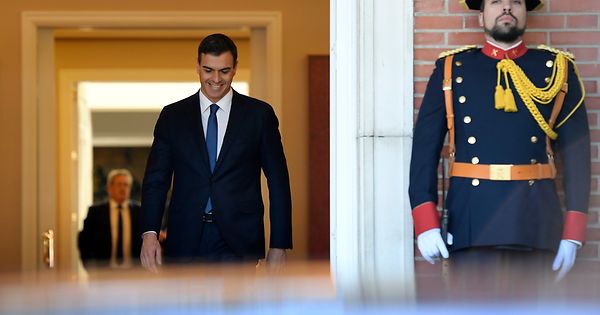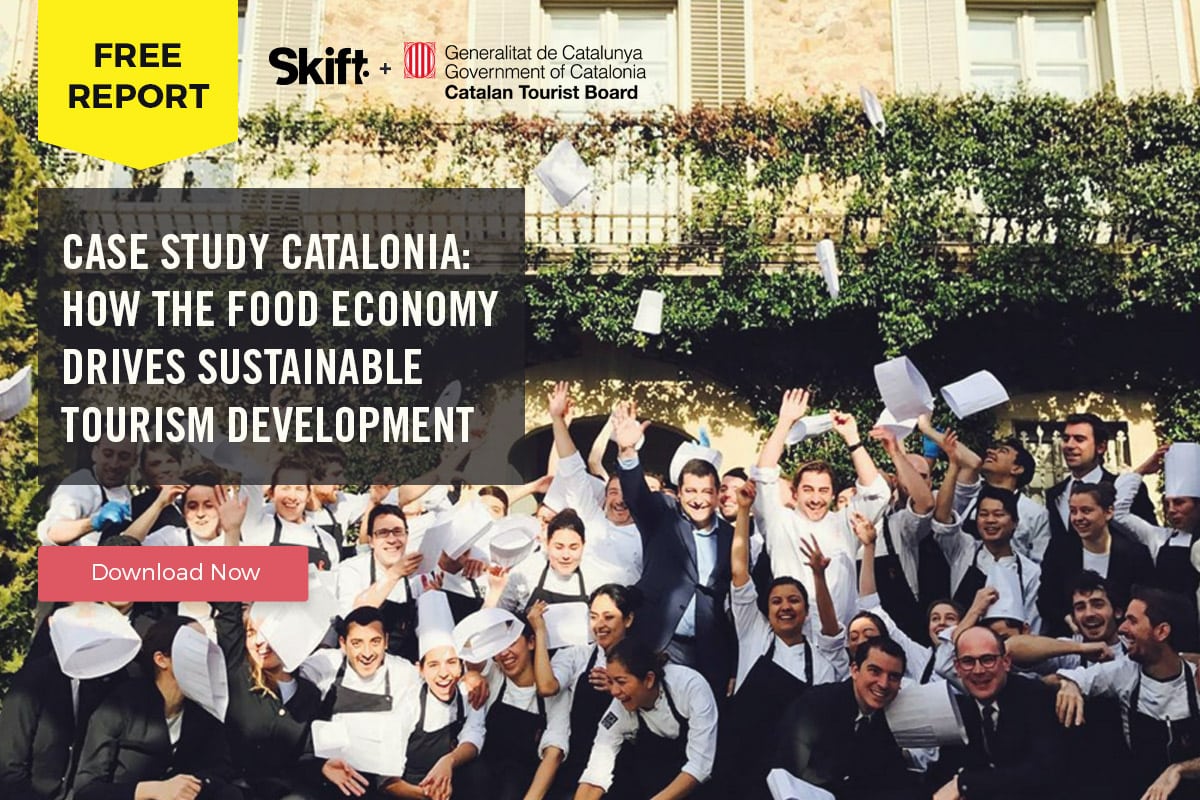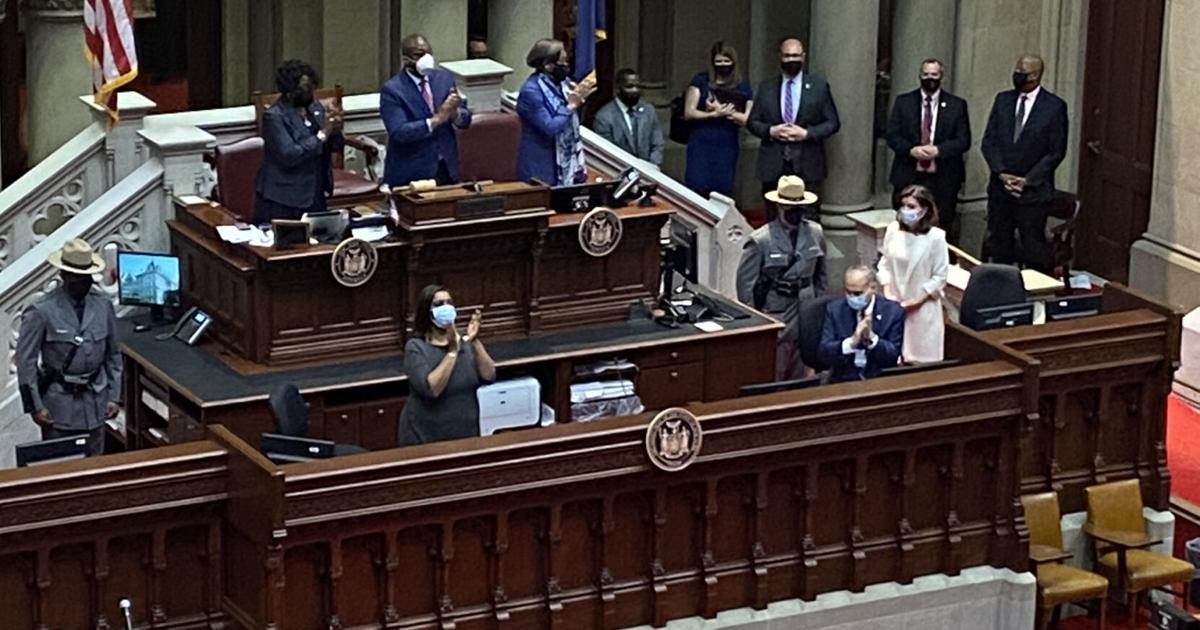Spanish Prime Minister Pedro Sanchez appoints women to key posts Photo: AFP
The first appointments to Pedro Sanchez’s cabinet show that the new Spanish Prime Minister is seeking to assert the identity and authority of his government by appointing Catalans and women with important credentials to key positions.
He appointed European Commission Director General Nadia Calvino as Economy Minister and Carmen Calvo, a constitutional lawyer, as Deputy Prime Minister.
Meritxell Batet, a Catalan, will be in charge of the Ministry of Regional Administrations and Josep Borrell, a former president of the European Parliament of Catalan origin, will be Minister of Foreign Affairs.
The nominations show Sanchez laying out his credentials for being credible on the economy – a major asset for his predecessor Mariano Rajoy – and upholding the rule of law in Catalonia.
His cabinet pick, which will contain at least seven women, also indicates he aims to claim ownership of other key issues such as gender and social policy, said Antonio Barroso, London-based analyst at Teneo Intelligence.
“Sanchez is finding a balance between technocratic expertise and strategic political considerations,” Barroso said. “He is aware that the economy is the main theme and he has to get it right.”
Sanchez has faced a battle to establish the legitimacy of his government from the start with the incumbent People’s Party and Ciudadanos accusing him of an unscrupulous power grab last week.
They were angered by his decision to align himself with separatist parties in Catalonia and the Basque Country to oust Rajoy from office.
Warranty on Reforms
His budget minister will be Maria Jesus Montero, who is currently in charge of finance for the Socialist-led Andalusian regional government, one of the biggest beneficiaries of the current system of distributing funds from state coffers.
His job will be to oversee any reform of Spain’s regional funding system – a key battleground in Catalonia’s dispute with the central government.
Sanchez de Calvino’s choice as economy minister was hailed by Ana Botin, president of Banco Santander, the country’s biggest lender with a balance sheet as big as the Spanish economy.
It will ensure that Spain increases its influence in European institutions, Botin said on Twitter.
Borrell was one of the most prominent defenders of Spanish unity during last year’s independence crisis and, as a Catalan, he has particular authority to tackle the arguments of the separatists.
The 71-year-old will also be responsible for explaining the Spanish government’s position to the rest of the European Union, a world he has known since his days as president of the European Parliament.
He has published two books in the past three years, digging holes in Catalan government claims.
“Borrell raised his voice against the separatists when few members of the Socialist Party of Catalonia dared,” said Veronica Fumanal, a political marketing expert and former adviser to Sanchez.
“Montero is a guarantee that there will be no unfair concessions to anyone.”
Sanchez’s ability to handle the consequences of Catalonia’s push for independence will be one of the key factors in determining whether he can cement his leadership in Spain.
With just 84 MPs in the 350-member parliament, he seized power by ambushing his predecessor Mariano Rajoy with a no-confidence vote last week, bringing together an alliance that included both left-wing radicals and nationalists.
catalan challenge
“Borrell’s appointment makes the government’s position on Catalonia very clear,” Socialist Party organization leader Jose Luis Abalos said in an interview with state broadcaster Television Espanola. “We are not negotiating or committing to anything.”
Socialists backed Rajoy’s decision to impose direct power in Catalonia in October after the regional government tried to declare independence from Spain.
Calvo, his choice of deputy in his new government, led negotiations with Rajoy on how to suspend Catalonia’s autonomy.
Certainly, recent Spanish governments have given women leading roles.
Rajoy’s own administration included women in key positions such as deputy prime minister, defence, agriculture and health.
His predecessor, socialist Jose Luis Rodriguez Zapatero, appointed women to nine of 17 ministerial posts after being re-elected in 2008.












